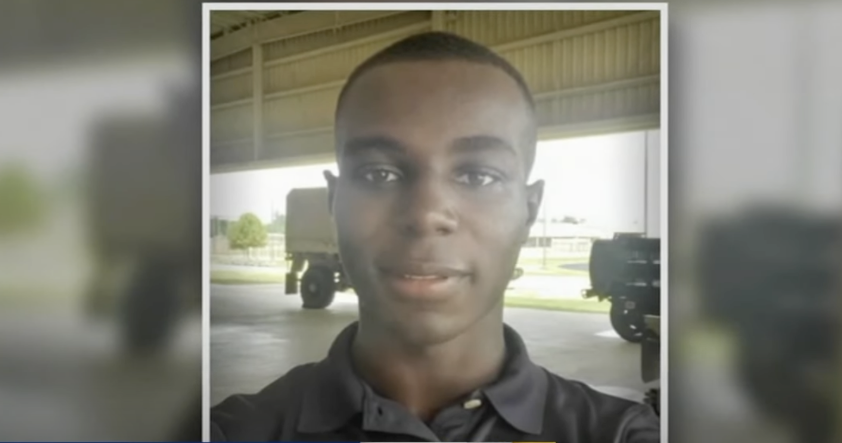Breaking News
US Soldier Travis King to Plead Guilty to Desertion and Other Charges

The case of U.S. soldier Travis King, who made headlines in July 2023 for his shocking escape from South Korea to North Korea, is now entering a critical phase as he prepares to plead guilty to multiple charges, including desertion and assault. King’s dramatic flight, his brief time in North Korea, and his subsequent return have raised numerous questions and garnered significant media attention. His upcoming court-martial, scheduled for September 20th at Fort Bliss, Texas, will likely bring some answers—but also leave many uncertainties about his motives and experiences.
The Charges Against Travis King
Travis King, a private in the U.S. Army since January 2021, faces 14 charges for his unauthorized crossing into North Korea. Among the most severe is the charge of desertion, a crime that carries heavy penalties in the military justice system. King's lawyer, Franklin Rosenblatt, has confirmed that King will plead guilty to five of these charges, including desertion and assault. These guilty pleas are part of a broader plea deal that will see the remaining charges, including the possession of child pornography, withdrawn and dismissed.
This plea deal represents a significant development in King’s case. By pleading guilty, King is likely aiming to avoid the harshest possible punishment and expedite his path through the military justice system. However, the specifics of what led him to make this drastic decision to flee to North Korea, a country with one of the most repressive regimes in the world, remain shrouded in mystery.
The Journey to North Korea
Before his illegal crossing into North Korea, King had been stationed in South Korea as part of a routine unit rotation. His military record was marred by prior incidents, including a two-month detention in South Korea for assaulting two people and damaging a police vehicle. His behavior raised red flags long before he made his fateful decision to desert his post.
On July 10, 2023, King was released from custody in South Korea, just eight days before he crossed the Demilitarized Zone (DMZ) into North Korea. His escape was not a spur-of-the-moment act but appears to have been premeditated. The exact reasons for his desertion and why he chose to enter North Korea, a nation known for its strict control over foreigners and hostile relations with the U.S., remain speculative at best.
Swedish diplomats played a crucial role in negotiating King’s release from North Korea. After a short and secretive period of captivity, North Korean authorities handed King over at the border with China. The U.S. government, which has no formal diplomatic relations with North Korea, insists that no concessions were made to secure King’s release.
The Unknowns of Travis King’s Time in North Korea
Much remains unknown about King’s brief time in North Korea. There is little information on how he was treated, what interrogations he might have faced, or why the North Korean government decided to expel him rather than detain him for a prolonged period, as they have done with other U.S. citizens in the past.
Travis King’s case adds to the complex and often tragic history of U.S. citizens who have found themselves in North Korea. Several Americans are currently residing in North Korea, some by choice, others by coercion, including individuals who defected during the Korean War. These cases often involve a mix of ideological motivations, mental health issues, and a desire to escape legal or personal problems at home. King’s desertion, however, is unique due to his active-duty status in the U.S. military and the geopolitical tensions between the two nations.
Conclusion: A Case of Desperation and Consequences
As Travis King prepares to face the military justice system, his case serves as a stark reminder of the severe consequences of desertion, especially when it involves crossing into hostile territory. His guilty plea may bring some closure to his legal troubles, but it leaves many questions unanswered about what drove him to take such a drastic step.
The world will be watching closely as Travis King explains his actions during his court-martial. Regardless of the outcome, his story underscores the complexities and dangers that come with military service in volatile regions—and the personal challenges that can lead to life-altering decisions.
